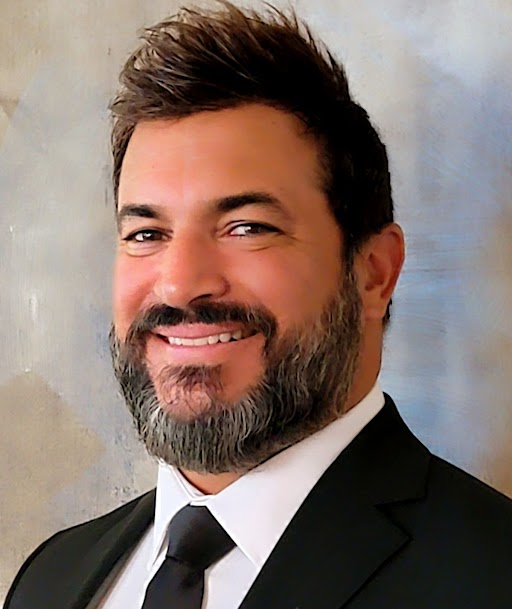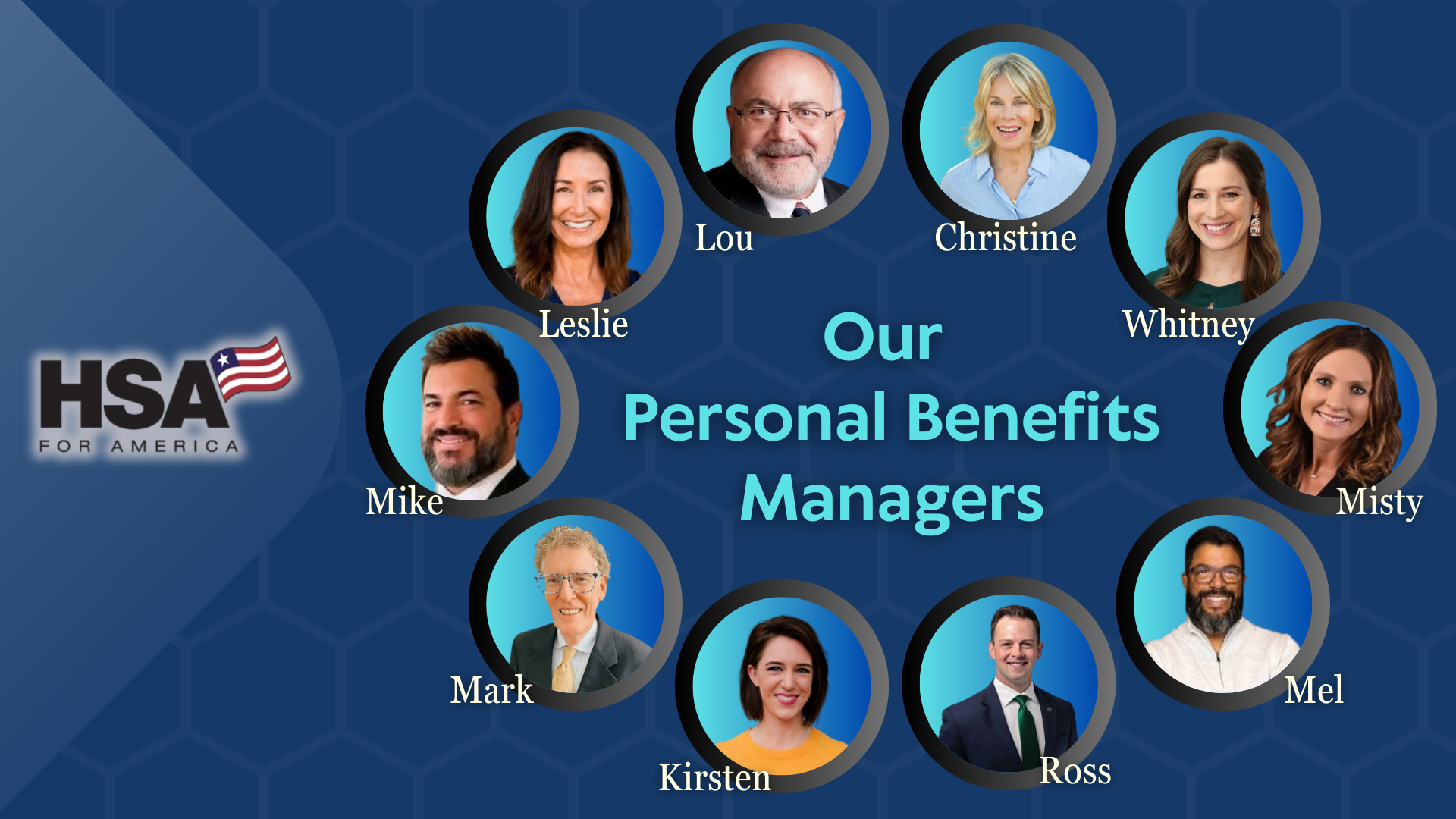A self-directed HSA gives you the power to grow your health savings account beyond the limitations of a standard interest-bearing account.

Instead of settling for minimal returns, you can actively invest your HSA funds and potentially increase your long-term gains—without giving up the tax advantages HSAs are known for.
What Is a Self-Directed HSA and How Does It Work?
A Health Savings Account (HSA) is a tax-advantaged savings account designed to help you pay for qualified medical expenses.
Typically, HSAs allow you to keep your balance in cash or invest in basic options like mutual funds or ETFs.
A self-directed HSA takes it further by offering access to a much wider range of investments, including real estate, private companies, precious metals, and more—all while preserving the powerful triple tax benefits HSAs provide.
Unlike a regular HSA that limits your investment choices, a self-directed HSA lets you pursue alternative assets that better match your financial goals or risk tolerance.
If you are eligible for a traditional HSA, you can open a self-directed one too. You just need to be enrolled in a High Deductible Health Plan (HDHP) and not have any other first-dollar medical coverage.
Already have an HSA? You can usually roll it over or transfer it into a self-directed HSA by following your new custodian’s transfer process.
When setting up a self-directed HSA, you might work with both a custodian and a third-party administrator (TPA). While the custodian holds your account funds and ensures compliance with IRS rules, the TPA handles tasks like paperwork, tax reporting, and fund distribution. Some custodians offer full in-house services, so you may not always need a separate TPA.
Choosing the right custodian is an important step. Look for one that offers:
- Low fees
- Strong customer support
- Investment options that align with your goals
- Educational resources to help you manage your account
Some custodians even specialize in specific types of investments, so it’s important to match their offerings with your personal strategy.
What are the 2025 contribution limits?
For 2025, the IRS has increased the Health Savings Account (HSA) contribution limits:
- Self-only coverage: $4,300
- Family coverage: $8,550
- Catch-up contribution (age 55 and older): An additional $1,000
Self-Directed HSA Investment Options
You don’t have to treat your HSA like a passbook savings account.
Leaving your balance in cash may protect it from market risk, but it also allows inflation to erode its purchasing power over time.
By investing your HSA assets, you can aim to keep pace with inflation—or even outperform it—while maintaining the tax-free benefits of your account.
Depending on your HSA custodian or third-party administrator, you may be able to invest in:
- Mutual funds
- Stocks
- Bonds
- ETFs
- Real estate
- Precious metals
- And more
This flexibility lets you tailor your investments to your risk tolerance, time horizon, and financial goals.
Potential for Higher Returns
A self-directed HSA opens the door to investment opportunities that can outperform the low interest rates of standard HSA accounts.
By diversifying your investments—whether into stocks, mutual funds, real estate, or other assets—you can aim for higher long-term returns.
When managed wisely, a self-directed HSA may grow significantly over time. That means more tax-free money available for future medical expenses—or even to help cover retirement costs after age 65.
Tax Advantages of Self-Directed HSA Investing
A self-directed HSA gives you the same powerful tax benefits as a traditional HSA, including:
- Tax-deductible contributions
- Tax-free growth on investments
- Tax-free withdrawals for qualified medical expenses
This triple tax advantage makes your self-directed HSA one of the most efficient tools available for building long-term, tax-free savings—especially if you’re investing for the future.
Considerations and Risks
While self-directed investing in your HSA can be advantageous, it’s important to be aware of potential risks and considerations:
Complexity and Responsibility
With a self-directed HSA, you take on the responsibility of managing your investments. This includes researching investment options, monitoring performance, and making informed decisions. It’s crucial to have a solid understanding of investment principles and stay informed about market trends and risks.
Market Volatility and Risk
Investing in stocks, bonds, or other assets within your HSA carries inherent market risks. The value of your investments can fluctuate, potentially leading to losses or reduced returns. It’s important to carefully assess your risk tolerance and diversify your investments to mitigate potential losses.
Qualified Expense Compliance
While self-directed HSAs provide you with a wider range of investment options, it’s important to ensure that any HSA funds withdrawn are used exclusively for qualified medical expenses. Failure to comply with HSA rules and using funds for non-qualified expenses may result in tax penalties and loss of tax advantages.
How To Choose an HSA Administrator or Custodian
To establish a self-directed HSA, you need to find an administrator or custodian that supports these types of accounts.
Here are some key steps to help you find and select a suitable provider:
- Research and Compare Options. Take the time to research different HSA providers that offer self-directed investment options. Look for established financial institutions or specialized custodians with experience in self-directed HSAs.
- Evaluate Fees and Costs. Compare the fees charged by different providers, including account maintenance fees, transaction fees, and investment-related fees. Pay attention to any additional costs associated with self-directed investments.
- Consider Customer Support. Assess the level of customer support and educational resources provided by potential HSA administrators. Look for providers that offer reliable customer service, investment education, and online tools to assist you in managing your self-directed investments.
- Review Investment Options. Evaluate the available investment options and consider whether they align with your investment goals and risk tolerance. Ensure that the administrator provides access to the types of investments you’re interested in pursuing.
- Seek Professional Advice. If needed, consult with a financial advisor who specializes in self-directed investing or HSA strategies. They can provide valuable guidance in selecting an HSA administrator, understanding investment opportunities, and managing investment risks.
Compare Pricing on the Best HSA Plans Available
Ready to Take Control of Your HSA?
A self-directed HSA gives you more than just tax savings—it gives you the opportunity to grow your healthcare dollars through smart, diversified investing.
Whether you’re planning for future medical expenses or building an extra cushion for retirement, taking control of your HSA strategy can pay off in the long run.
Looking for the right custodian or third-party administrator to get started? We’ve done the legwork for you—visit this page for a guide to some of the top HSA custodians in the country that support self-directed investing.
For Further Reading:
- Higher 2024 HSA Contribution Limits Allow You To Save Even More on Taxes
- The Best Health Savings Account Administrators in 2023
- How Much Can an HSA Save in Taxes?
- Up Your HSA Game With These Three Investment Strategies
- The 2024 Guide to Qualified HSA Funding Distributions (QHSAFDs)
- Healthshare Plans
- The HSA Secure Plan

Hi! I’m Mike Montes, and I’m one of your Personal Benefits Managers. I like working with HSA for America because we’re creating solutions to healthcare problems. Our focus on money-saving alternatives like HSA plans and health sharing programs, and the variety of health share programs we offer, are what set us apart. Read more about me on my Bio page.



